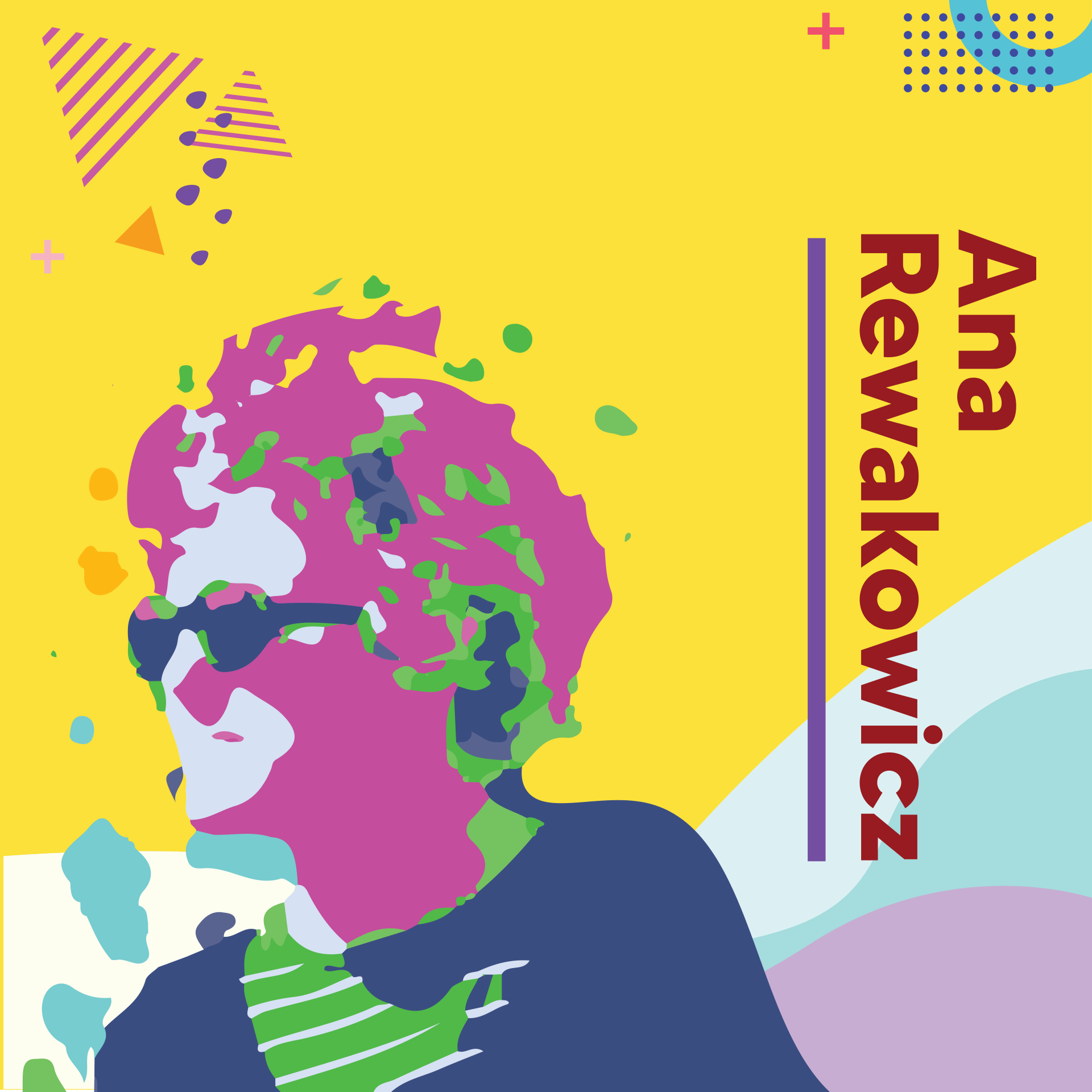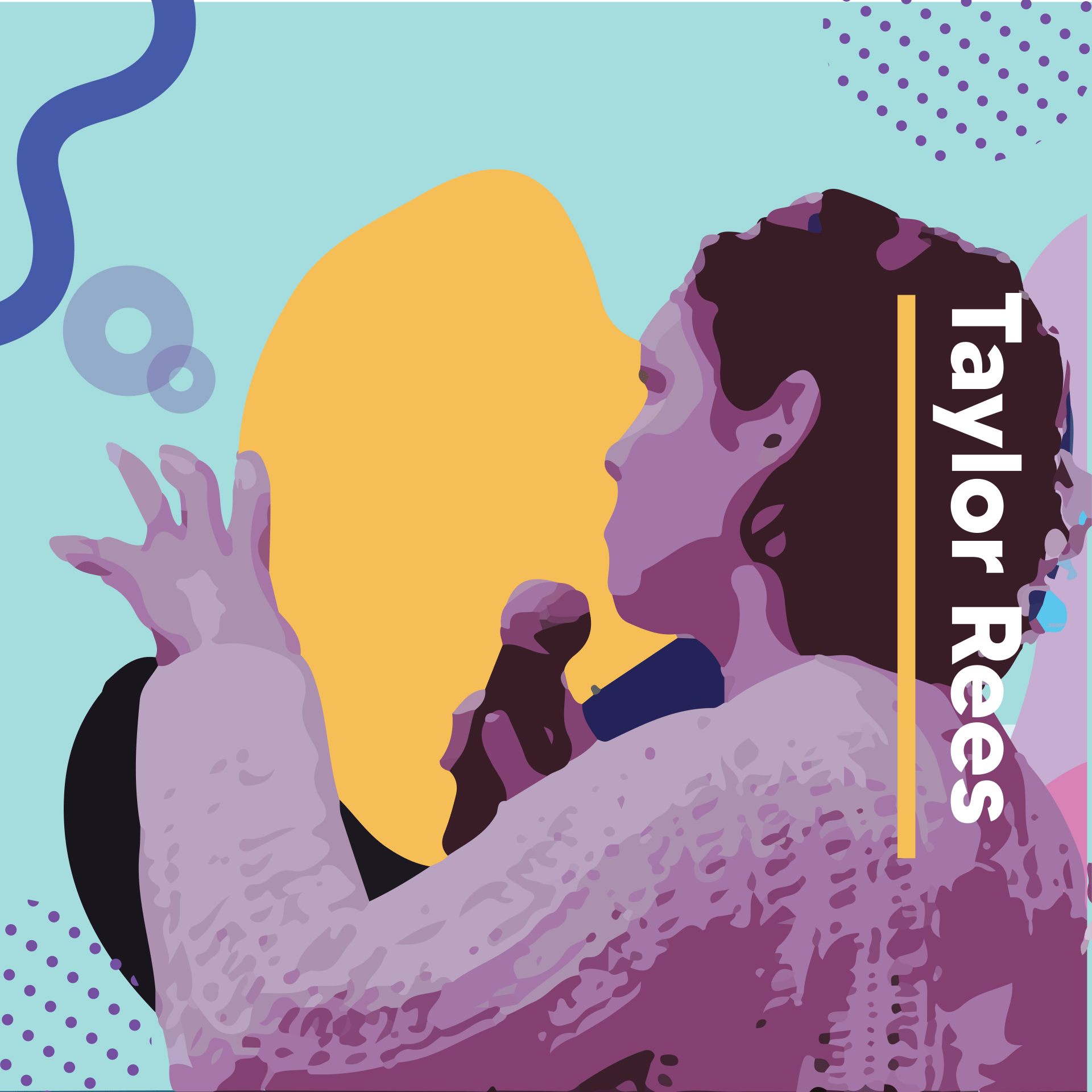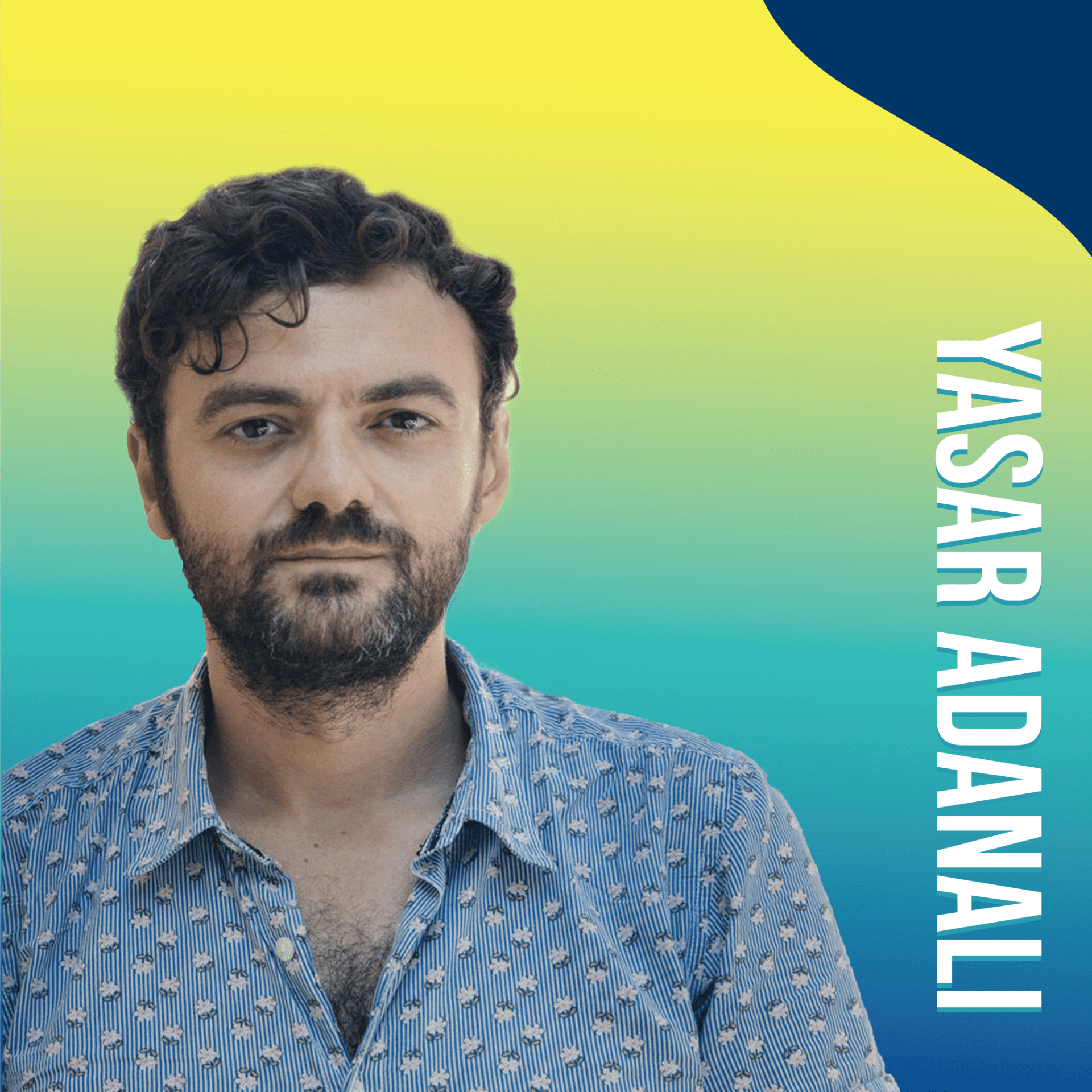
Episode #11
Roger Gottlieb on
Physical versus Digitally mediated Experiences of Nature
Join the Global Lab conversation with Professor Roger Gottlieb on the implications of mediating nature through digital media – video, photos, games, etc. What is lost? What is gained? We explore how the rise of digital media influences STEM students’ capacities and how in moderation, digital media can be a powerful tool for teaching and helping students reflect on their connection to nature.
Hosted by Seth Tuler, The Global School, WPI
Physical versus Digitally mediated Experiences of Nature
Guest Bio
Transcript
Scroll to read more
Seth Tuler 00:06
One of the things I’m struck by is the importance of the kind of experience of nature and the kind of virtues that it can help build as an antidote to some of the modernism and consumerism. you brought up the sounds of nature, and how calming they can be, and how they, they bring us in touch with all these other kinds of energies and experiences, feelings and values. And people buy tapes, CDs of water, the forest, you know, the rain that brings all these things, the wind and the trees. And I noticed that when I turn on my TV, there’s the channel with a fireplace.
So I’m kind of thinking about how we’ve created these digital media, which we do here in the lab. Digital Media, audio and video, are a substitute, in some sense for a direct experience with nature. And I’m wondering how these connect or disconnect with the notion of nature spirituality. in what ways do digital media offer opportunities for reconnecting and that kind of reconnecting with nature and overcoming that kind of despair
Roger Gottlieb 01:17
a weird analogy. You’ve had a long day, and you have a appointment to talk to somebody haven’t seen for a while you like them, but you’re not really sure how it’s gonna work out. So you meet in a nice restaurant, you start off with a cocktail. Now, one cocktail, nothing wrong with that can relax inhibitions, make you feel a bit more comfortable, prompt the conversation give you something to do with your hands, so you can lift the glass to your mouth, when you get nervous. Is there anything wrong with that? No, it can further the conversation if you’re an alcoholic, but do not have that one cocktail. Not a good idea, because it’s destructive.
And so short of things like incredibly addictive drugs, or being hit in the head with a hammer. Most things have a value depending on how they’re integrated into the rest of the time, the rest of your life. So there’s nothing wrong with calming down with a CD of nature sounds. But it will not substitute because it’s too thin. Just one sense, in an enclosed room. It’s too limited for the full kind of experience. Now again, any experience is important or unimportant, valuable or not valuable spiritual and not spiritual, depending on the intention with which we engage with it, and the long term process of it.
So the thing in and of itself is no guarantee we can go out into nature in order to conquer all the 10,000 footers, the 12,000 footers of the 6000 photos, were a big badge, I climbed 62 peaks over 10,000 feet, there’s nothing particularly spiritual about that. It’s just more, you know, acquisitiveness and domination. And we can go into a natural world and forget, forget it, just take it like a like a tranquilizer know, if you’re really totally uptight, there’s nothing wrong with a tranquilizer. Except if it makes you so tranquil for that limited period of time. And then when you get over the tranquilizer, you’re right back where you started from.
So spiritual life, to be meaningful has to be a progression towards the realization of these virtues. And in that sense, of course, nature can be incredibly valuable, but only if it’s conceived up. In that way.
We live in a time of a visual bias everything with our eyes, and somewhat less than an auditory bias. But the feeling of moving your body in space, the feeling of wind on your body sound the complicated sounds you get in a forest, which are not the same as things coming out of little speakers. They’re not the same as being in the forest, the sense of scale of looking at a sunset or a night sky, or even looking up a river and seeing how the waters move, or the ocean. Of course, there is no digital substitution for that. There is no digital substitution, which doesn’t mean that the digital productions are bad. It means they’re not a substitute.
Seth Tuler 04:20
So you’re talking about the richness of the the lived experience. And that sense, would you say that the structure and functions of digital media like this are are neutral? Or do these kinds of technologies embody certain kinds of values and structures and systems?
Roger Gottlieb 04:39
I mean, it’s it. It’s certainly obvious that, you know, every tool seeks to make the human body and the human mind conform to the tool. You can’t use a hammer. If you can’t make a fist, right? You have to make a fist. So the hammer is not neutral about fists, and it’s the same thing with digital media. So Then the question is what do digital media demand of us? Well, they demand among other things, several hours a day looking at a screen. That’s number one, they demand very quick responsiveness. They’re not very good at slow. Like they’re terrible at slow. I once had a professor who said that this was back when something called speed reading was being taught. And he said, I want to teach slow reading, right? You know, in traditional Judaism, you read the same book every year for your whole life, the same book, and an even longer book, you read over the period of seven years, and then you start over, you start over. So digital media demand speed, they demand constant attention with your eyes, they demand that you suppress or detach from the shape of your body, what’s going on with the rest of your body. And as we know that certain versions of digital media, the games and the social media and stuff, which they know, just like the cigarette people knew that cigarettes were addictive, and they put in additives to make them more addictive. And the people who do the social media, they know all this. And they know that it’s good to arouse anger, they have algorithms for anger, to create anger, all this kinds of stuff. The social media is very, very dangerous. Now, again, like that cocktail before dinner. That doesn’t mean it’s bad to look at it, you know, I do some trivial social media stuff usually having to do with classical music. So it’s not bad. It’s not a poison, but it’s addictive. Anything that’s, that’s addictive and causes a disregard for the body, and purports to replace actual physical, in person, human contact is extremely dangerous. And we are only just beginning to see how dangerous it is, though the people who designed it. So it’s been said by people who interview them. They don’t let their kids use this stuff, because they know it’s poison. And if they’re not going to let their kids use it, what are the rest of us doing? Why do we have children cell phone when they’re eight 910 years old? That’s crazy, even from its effects consequences on eyesight, there’s a huge problem nearsightedness of children, because they spent so much time staring at something that’s 810 12 inches away. That’s not what the human body was designed for. I do plenty of digital research. You know, I wrote extensively, a great many publications on religious environmentalism. I didn’t have to go to a million libraries, I just sat there want to know what the Pope says, look it up, you know, episcopal church, here’s a book that was published 14 years ago, I get it downloaded on my Kindle, and very effective, I wouldn’t have been nearly as productive as I was a lot of publication. Without that. And I played video games for a while I was going through a very tough emotional time, they disabled daughter, a tremendous stress in the film, I played video games to escape, you know, half life, very good game. But, you know, you have to know when you and you know, my wife would say get off the computer, Roger. I’m getting locked in. Yeah, he’s been there too long. That’s right. So it’s a kind of awareness. And if one thing that modern society not only doesn’t teach us, but it’s against is awareness
Seth Tuler 08:13
how, especially at a school like this WPI, where it’s a STEM school students come, they’re very enamored with and interested in innovation, technologies, robotics, since they were seven years old? How do we teach that kind of reflection and awareness? And the reason I’m asking partly is, how do we help students think more broadly about what they want to do with their lives?
Roger Gottlieb 08:40
You know, when somebody said to Marx that well, the whole thing is to get education better. And he said, Who will educate the educators. So I’ll give you a simple example. i Every d term, I teach philosophy in the environment, which is basically a course about the different dimensions of the causes of the environmental crisis. So we look at philosophy, we look at religion, we look at the rise of modern science, we look at capitalism, we look at consumerism. But besides all my incredibly brilliant lectures, and all the great reading, they have an assignment to go outside and find a tree, one single tree, that they have to visit three or four times a week, and keep a little diary. You know, have the experience say two three sentences, not graded, of course, and you can say anything you want. You can say Gottlieb is an idiot, this is the stupidest thing I’ve ever done. Fine. So whatever you want, there’s no nobody can fail because of what they write. The only way you could fail is if I can’t read your handwriting. And what they get from this experience number one, it slows them down. Number two, I mean I tell them of course they probably don’t. I said you have to leave your phones off while you’re doing this. 1520 minutes, turn it off. Turn the efficacy off. You won’t die. It slows them down. It brings back memories of times when they were more connected with nature in childhood. It makes them appreciate the incredible complexity of a tree. It’s got a bark, it’s got roots, it got leaves, it makes sounds. I mean, I always teach it in d term So spring comes out, you know, it’s a great time. And you I remember one kid, he started off by saying Gottlieb isn’t at this stupid of two weeks in other trees kind of interesting for weeks. And he was calling a George, by the last entry was George’s looks so good today, I wonder if the acid rain I’m creating by my driving is hurting George. So one thing would be, I think, is to step back from nature ecosystems, the environment species, and get in touch with one natural wild beam. And develop that kind of relationship, just as people who eat endless quantities of meat, love their cats and dogs, right, but they don’t make the connection. But here’s one way that could begin to make the connection between this one tree and nature ecosystem species and all that.
Seth Tuler 11:03
It’s a it’s an exercise in developing a kind of focus and attention. But in the slow reading way.
Roger Gottlieb 11:10
Yeah. And it’s, it’s an emphasis kind of relationship. Because if you sit back and look at a whole forest, well, it’s beautiful and all that. But you know, unless you’re the Menominee Indians who manage this forest in northern Wisconsin, and have done it incredibly sustainably for 100 years, it’s just a forest and you walk through it, I’ve walked through lots of forests, and they’re beautiful. But it’s very different from the nature around my neighborhood in Boston, where there’s a beautiful lake a mile and a half around. And there are grassy areas near trees, areas, and there are all kinds of different wildlife you see there. And I’m walking this area for 45 years, and I have a relationship with these trees. That’s one thing, I’d make a requirement for everybody in the school. Second thing I make a requirement is the actual practice of some kind of meditation. Now, I mean, I started to end all my classes with meditation for sure, like a minute, two minutes, that’s all. Just silence, not doing anything, and see what arises. I think people should be taught to pay attention to their dreams, write down their dreams in a dream book. But you know, we are what we are here. And it’s not impossible. And what I find is that students appreciate it. So I get this stuff across and many of my classes, they appreciate it. Because these kids are smart. And they know somewhere something’s missing. Something’s not right. They know they have a hard time talking to each other. I mean, when they come into my classroom, the phones have to be off from the second they walk in the door. And they look at me like, it’s this guy crazy. I don’t think I can handle this, maybe I would have dropped this course. Right. But after a couple of weeks, they come in, and they talk to each other for a few minutes before the class starts, which is, you know what, what I’m after. So it’s there, but it has to be a priority
Seth Tuler 13:09
has to be very intentional.
Yes.
I was thinking about what you would suggest to the listeners, right now, to go out and engage with the tree. The important part was also with all our perceptions, touch, smell, hearing, maybe taste, whatever it is. And then to contrast that with looking at the tree on your phone, right? Yeah, take a picture of it. And then look at that. And what what is the experience?
Very good.
I think too about the diversity, equity inclusion, we don’t talk about relationships. We talk about them as if we can count them. What you’re talking about is relationships, relationships between people, but also between the rest of the planet. And how important that is.
Yeah.
The reason I asked that question about how do we as educators support that kind of reflection, is because I think that can be part of our job.
Yes, right. That is our job.
And it is our job. And my role here is working in the global program, supporting IQPs and students going places. That’s a really powerful exercise to ask them to do throughout their experience, wherever they are.
Yes.
And we had students go out and do hikes without their phones, or turned off phones and reflect and just be but the power of what you’re talking about, too, is that it’s a sustained activity over time
Yes through a whole term, then they can start developing and have a sense of the, the experience and the change. Because of course, if you just go once, then it
Roger Gottlieb 14:50
becomes an aesthetic. Yeah, in this sort of the narrow sense of just a momentary experience without any enduring. And, you know, at the end of the term, I look at their journals and they say, Well, I’m I’m going home now but I want to come back next year I’ll make sure to visit George
Seth Tuler 15:03
right right





